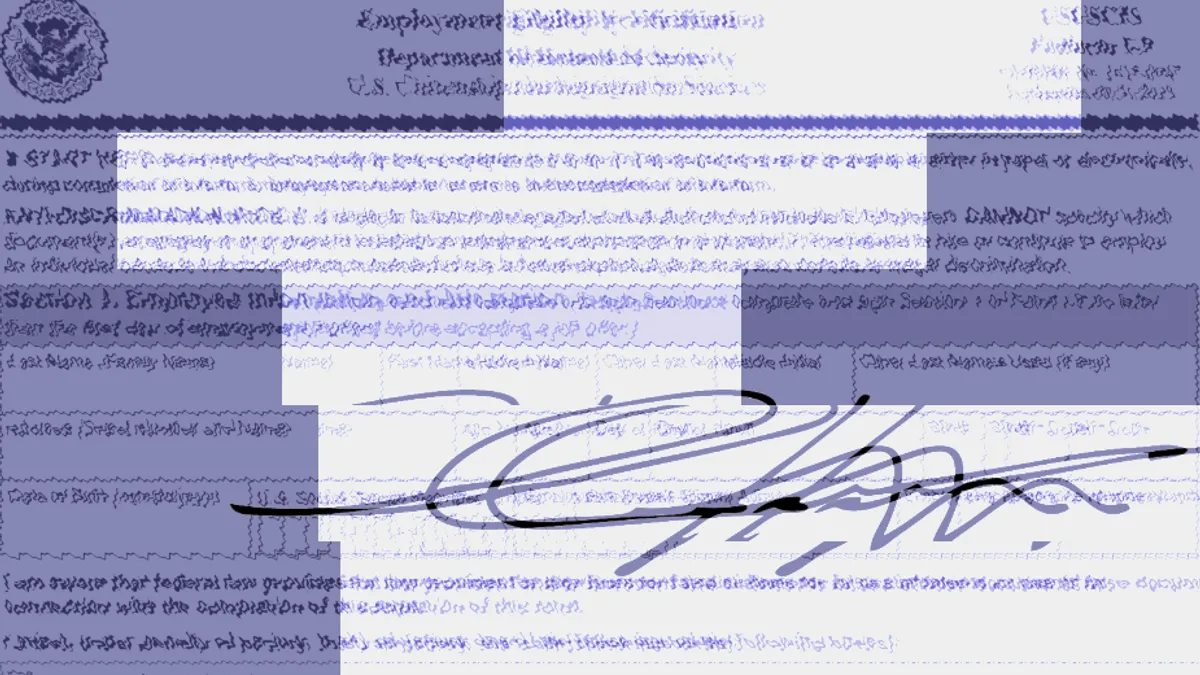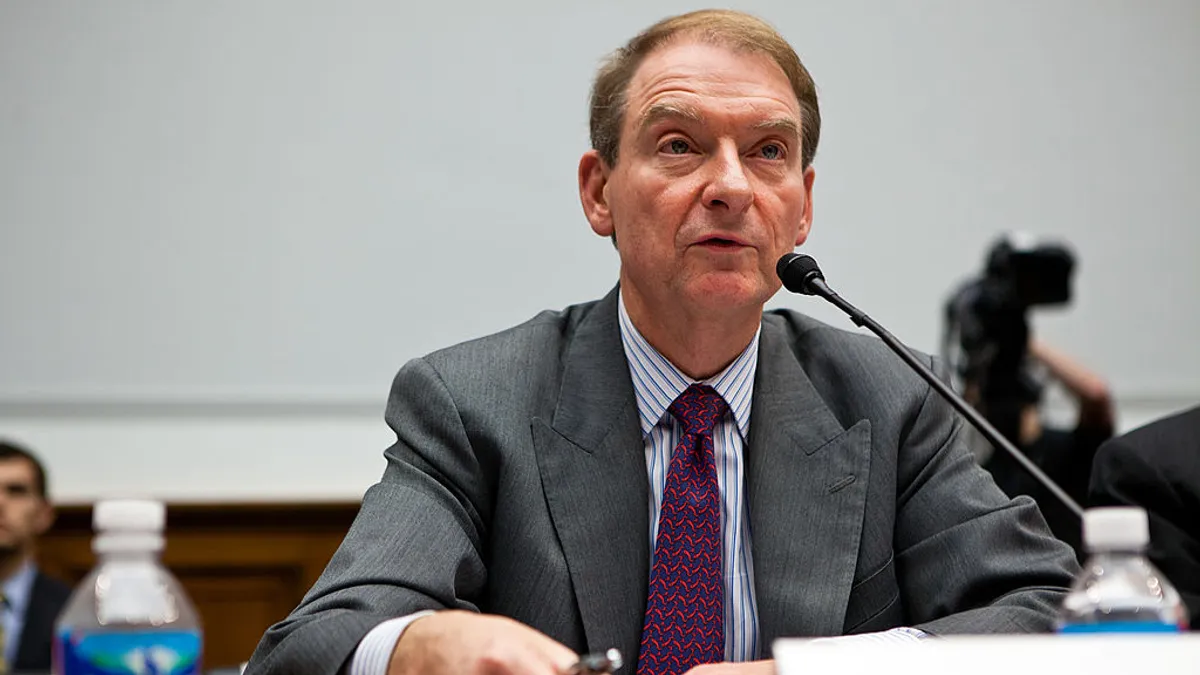Craig E. Behrenfeld and Thomas R. Julin are shareholders, and Robert B. Lamm is of counsel, at The Gunster Law Firm. Views are the authors’ own.
For attorneys who have been following and advising their clients on compliance with the federal Corporate Transparency Act, March certainly came in like the proverbial lion. On March 1, the U.S. District Court for the Northern District of Alabama granted a motion for summary judgment in favor of the National Small Business Association, finding that the CTA was unconstitutional because it “exceeds the Constitution’s limits on the legislative branch and lacks a sufficient nexus to any enumerated power to be a necessary or proper means of achieving Congress’ policy goals.”
Rationale
The decision seems to have been based, at least in part, on states’ rights.
“Each year… States grant formal status to millions of entities that can and do serve ‘any lawful purpose,’ including benefit corporations, non-profits, holding companies, political organizations, and everything in between,” the ruling said. “With that in mind, this case presents a deceptively simple question: Does the Constitution give Congress the power to regulate those millions of entities and their stakeholders the moment they obtain a formal corporate status from a State?

“The Government thinks so,” the ruling went on. It “says that the CTA is within Congress’ broad powers to regulate commerce, oversee foreign affairs and national security, and impose taxes and related regulations. The Government’s arguments are not supported by precedent.”
Accordingly, the court granted the plaintiffs’ Motion for Summary Judgment and entered a final declaratory judgment permanently enjoining enforcement of the CTA against the plaintiffs in the case. The plaintiffs had also argued that the CTA violates the First, Fourth, and Fifth amendments to the Constitution. However, the court did not reach a decision on those claims.
What to do?
It seems likely that many attorneys advising clients on the CTA reviewed the opinion and debated whether they could tell their clients that they could stop worrying about the CTA or if, given the risks of civil or criminal prosecution, continued compliance was advisable.

Attorneys presumably found items in their inboxes advocating for one position or the other. Unscientific polling suggests that most attorneys recommended continued compliance or possibly waiting to see what might happen next. The latter course of action may have been attractive, given that entities subject to the CTA formed on or after January 1, 2024, would not be required to comply until March 31, at the earliest.
For its part, the Financial Crimes Enforcement Network, the unit of the Treasury Department charged with implementing the CTA, promptly took the position that continued compliance was required. On March 4, it posted a notice of the decision, noting that “[w]hile this litigation is ongoing, FinCEN will continue to implement the Corporate Transparency Act…. Other than the particular individuals and entities subject to the court’s injunction…, reporting companies are still required to comply with the law and file beneficial ownership reports as provided in FinCEN’s regulations.”

However, there is some support for the position that an enjoined statute may safely be violated pending appeal of the injunction. In his article “Erroneous Injunctions,” Professor Michael T. Morley of Florida State University College of Law persuasively argues that an injunction should and must be treated as preventing prosecution for violations pending appeal. He also suggests that to ensure that a prosecution does not occur, the order granting the injunction explicitly could prohibit prosecutions for violations of the enjoined statute pending appeal and that the setting of a bond to secure the enjoined party should protect the defendant adequately. That did not happen in the Yellen case, and it is not clear that the judge would have agreed to such a prohibition, which would have made violations of the statute pending appeal more perilous.
Where things stand
The government did not waste much time debating this point; it filed a notice of appeal from the District Court’s decision on March 11. Despite some speculation that the government might also seek a stay to halt the ruling from taking effect pending a decision by a higher court, it does not appear that a stay has been requested.
In the weeks since the District Court’s decision was released, legal scholars have commented on whether the decision will be sustained on appeal. Based on those comments, it seems safe to say that the appeal will not be a slam-dunk either way. To be continued . . . .


















